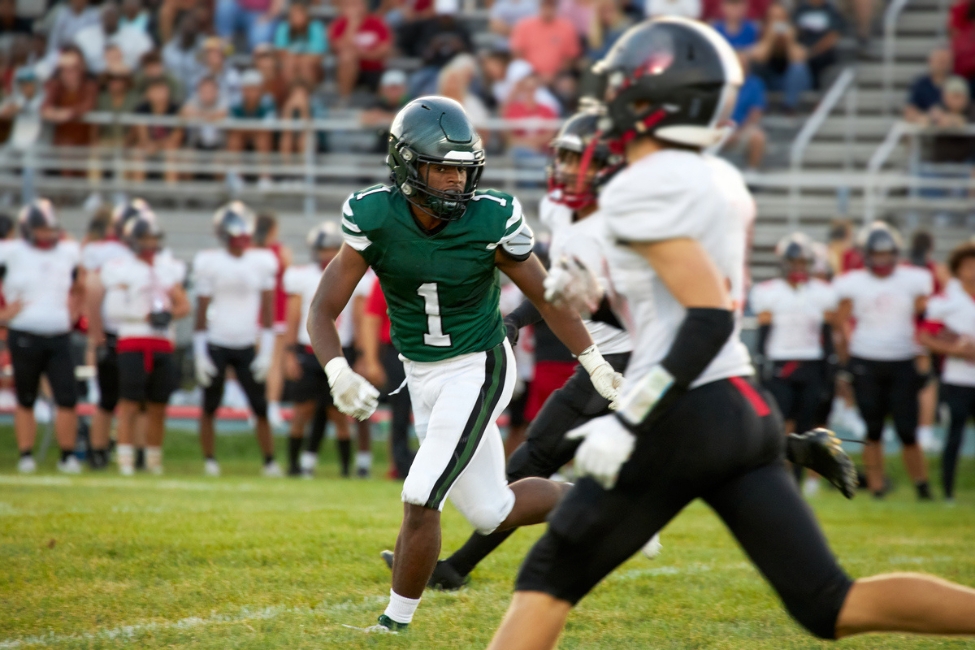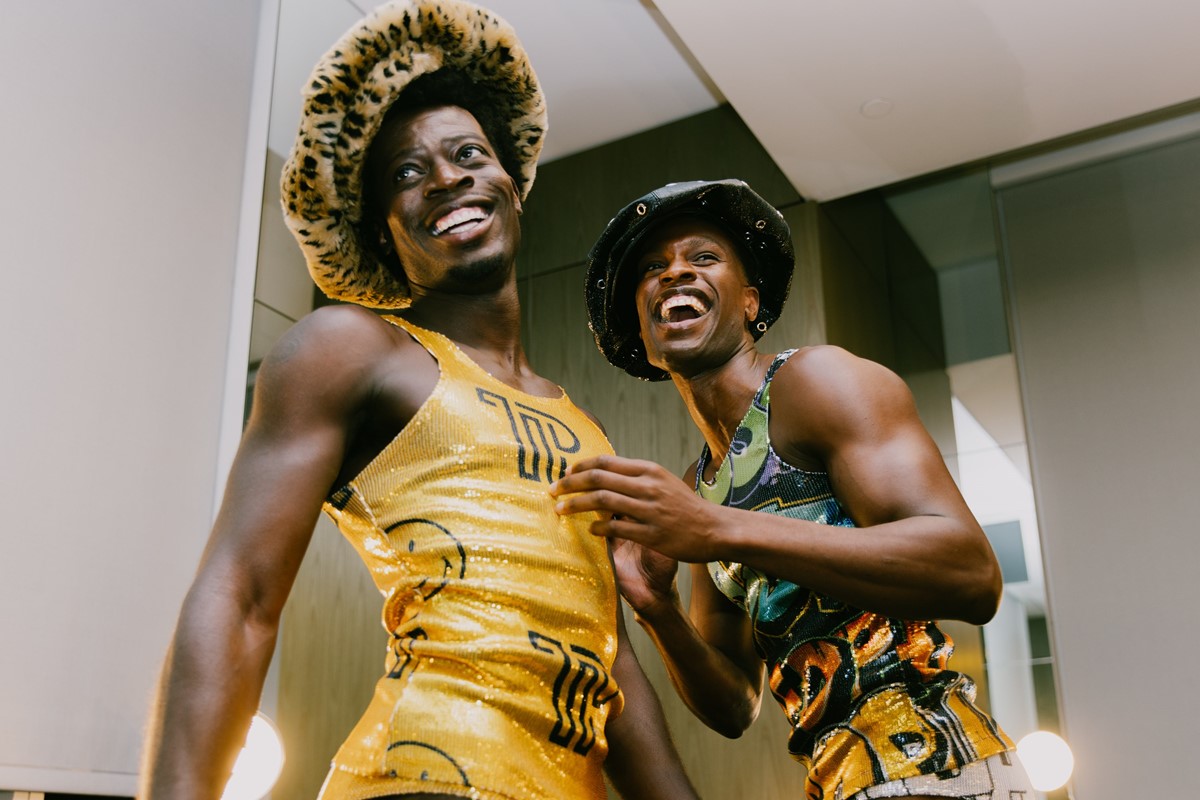Sports
FAU Expert: Landmark NIL Deal Could Change High School Sports

Florida’s new law allowing high school athletes to profit from their name, image, and likeness will redefine high school athletics, according to a sports expert at Florida Atlantic University.
Florida’s new law allowing high school athletes to profit from their name, image, and likeness will redefine high school athletics, according to a sports expert at Florida Atlantic University.
The new legislation, approved by the Florida High School Athletic Association, starts during the 2024-25 sports season and will bring significant changes to the lives of high school athletes.
“This legislation has a major impact on the lives of minor athletes and their ability to monetize before they even enter college,” said Daniel Cornely, director of the MBA in Sport Management Program at the College of Business. “The deal gives students more exposure to college recruiters while they are still playing at the high school level and the ability to possibly become brand ambassadors of companies looking to strike deals with them.”
Under a measure approved by the Florida High School Athletic Association, students can earn money through NIL deals without risking their athletic eligibility. Current guidelines prevent students from earning money while using their school’s uniform, logo or other intellectual property, or promoting content about politics, weapons or smoking.
While parents and students are ultimately responsible for negotiating the deals, schools and their athletic programs will need to make sure students are aware of the financial aspects of their deals.
“Student-athletes need to be educated on business and financial literacy; they need to know how much to set aside for taxes, as well as contract negotiation to make sure they comply with existing rules,” Cornely said. “Schools and athletic directors will need to provide education on the rules and ensure compliance to navigate this new environment effectively.”
According to Cornely, companies could exploit high school students, potentially putting undue pressure on them to secure deals. It is also possible that disparities between schools will grow, as those with more resources may have an advantage in attracting top talent.
“While schools are not allowed to use NIL deals to recruit students, certain conversations may still happen that allude to that, giving some programs an advantage over others,” Cornely said.
-FAU-







